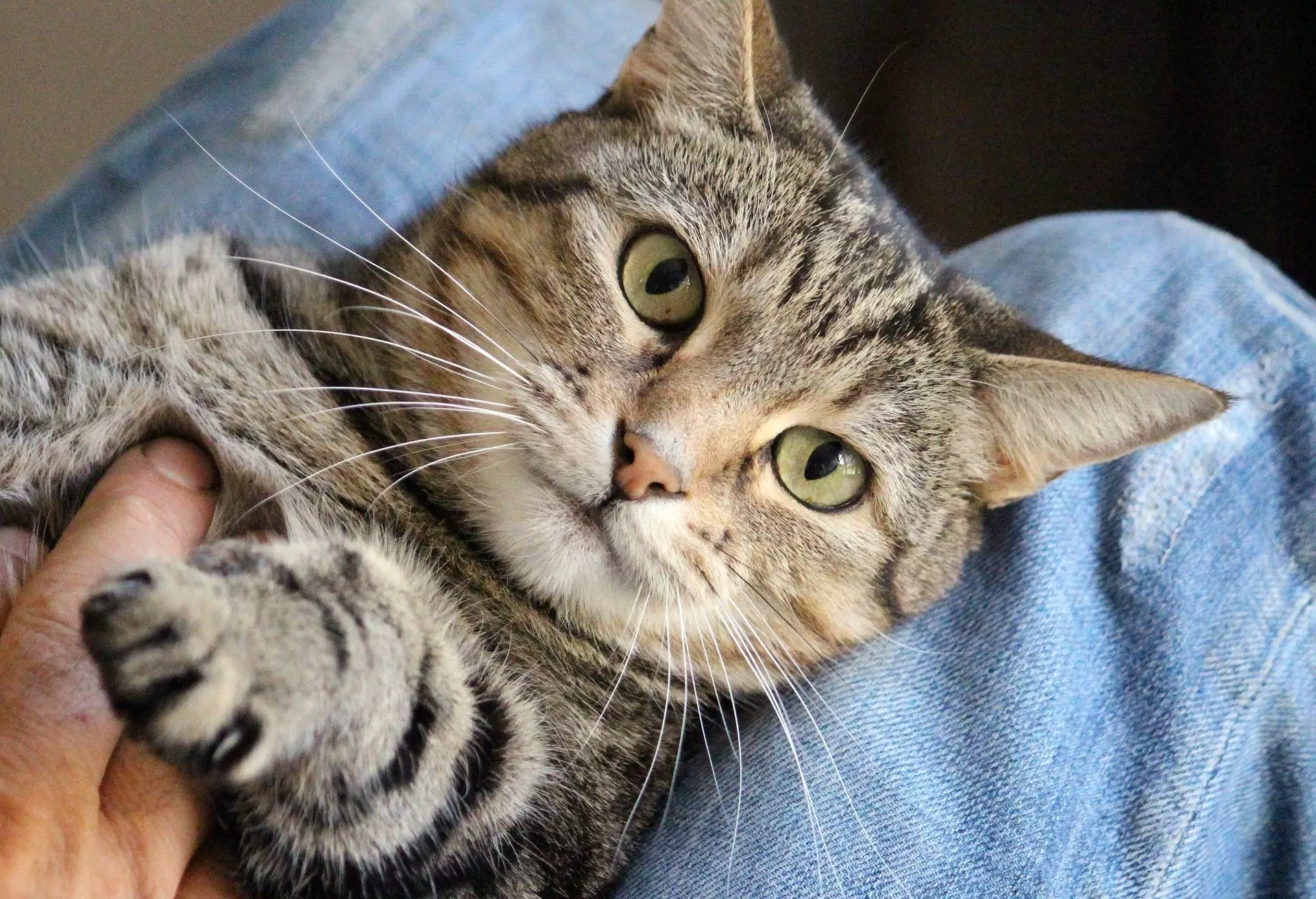World Mental Health Day, observed annually on October 10, serves a vital purpose: to illuminate the importance of mental health awareness and improvement strategies. Mental health issues, ranging from everyday stress to more debilitating conditions, affect millions worldwide. As society progresses, it becomes increasingly clear that unconventional methods—like the companionship of pets—can dramatically enhance mental well-being. In particular, cat ownership has emerged as a means of combating mental health challenges, providing emotional support, and offering daily joy in an often tumultuous world.
Various studies indicate that the simple act of nurturing and caring for a cat can lead to significant improvements in mental health. A notable research published in BMC Psychiatry highlights the positive effects of keeping cats (and dogs) as pets. This study reinforces the notion that these animals provide crucial emotional support, especially for individuals navigating long-term mental health conditions.
Further investigation from the Mental Health Foundation in collaboration with Cats Protection revealed encouraging statistics. Among over 600 respondents, around half reported grappling with mental health issues. Remarkably, 87% of cat owners claimed their relationship with their feline friends positively influenced their well-being. This suggests that the bond between humans and their pets extends beyond mere companionship; it provides a vital lifeline in managing everyday stressors. The research found that 76% of respondents felt they could approach daily challenges more effectively with their cats nearby.
Incorporating cats into one’s life seems to foster a nurturing atmosphere that encourages emotional resilience. Notably, half of the cat owners surveyed pointed out that their pet’s presence was most beneficial in combating feelings of anxiety, while a significant portion found comfort in the simple act of stroking their cats. This demonstrates how the sensory experience of engaging with a pet can contribute to a more peaceful mental state.
The benefits of owning a cat are not merely psychological; they are physiologically advantageous as well. Interaction with pets has been linked to lower cortisol levels—a hormone indicative of stress—suggesting a calming effect on the human body. Furthermore, research indicates that pet owners are significantly less likely to experience severe depression: non-pet owners are reportedly four times more susceptible to major depressive disorders than those with pets.
Interestingly, the soothing purr of a cat is considered therapeutic. Studies reveal that this unique sound can lower stress and anxiety, while also contributing to physiological health benefits like reduced blood pressure and enhanced healing capacities. The purring vibration is believed to aid in the recovery process for various ailments, underlining the multifaceted advantages of having a cat in one’s life.
Moreover, therapy cats have gained prominence in mental health interventions, with organizations such as Pets as Therapy deploying trained cats across hospitals, nursing homes, and schools. The presence of these cats provides comfort and emotional support for individuals facing physical or emotional challenges, amplifying the profound impact that feline companionship can have on mental health.
While owning a cat is undeniably beneficial, not everyone is in a position to commit to pet ownership. Enter the burgeoning realm of home and pet sitting, which allows individuals to experience the joys of caring for pets without long-term responsibilities. This emerging trend has become increasingly popular, particularly among retirees or those seeking additional fulfillment in life.
For instance, Ellen Hart, a former orthopedic nurse, decided to embark on a home and pet-sitting journey after retirement. Her experience caring for pets from various backgrounds—ranging from dogs to chickens—has enriched her life, emotionally and socially. Ellen’s heartfelt reflections reveal that she finds immense joy in ensuring the happiness of the cats she cares for. This experience highlights the therapeutic benefits of spending time with animals, underlining the notion that you don’t have to own a pet to enjoy its benefits.
The rewards of home and pet sitting extend beyond personal satisfaction; they promote social interaction and community engagement. Ellen’s experiences demonstrate how this role can foster connections with both pets and their owners, creating a fulfilling lifestyle that caters to the emotional needs of individuals while positively impacting the mental wellness of all involved.
With World Mental Health Day serving as a reminder of the importance of emotional well-being, adopting a cat or engaging in home and pet sitting can be transformative for many individuals. The mental health benefits, enhanced by companionship and the joy of caring for a pet, are invaluable. Whether through the rhythm of a cat’s purr or the quiet moments spent in their company, these relationships can fortify mental health. As society embraces varied approaches to mental well-being, the companionship of cats stands out as a gentle but profoundly impactful resource that everyone can access.
